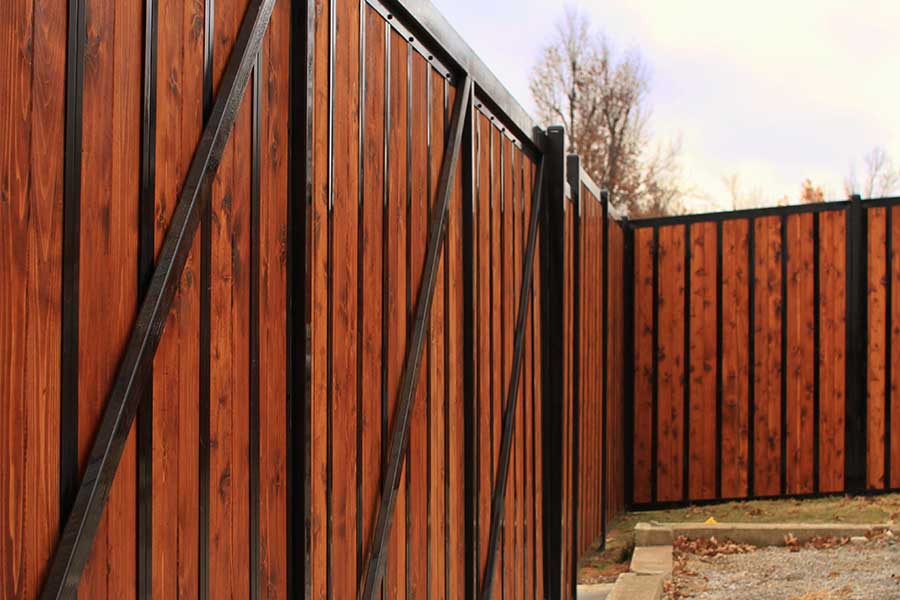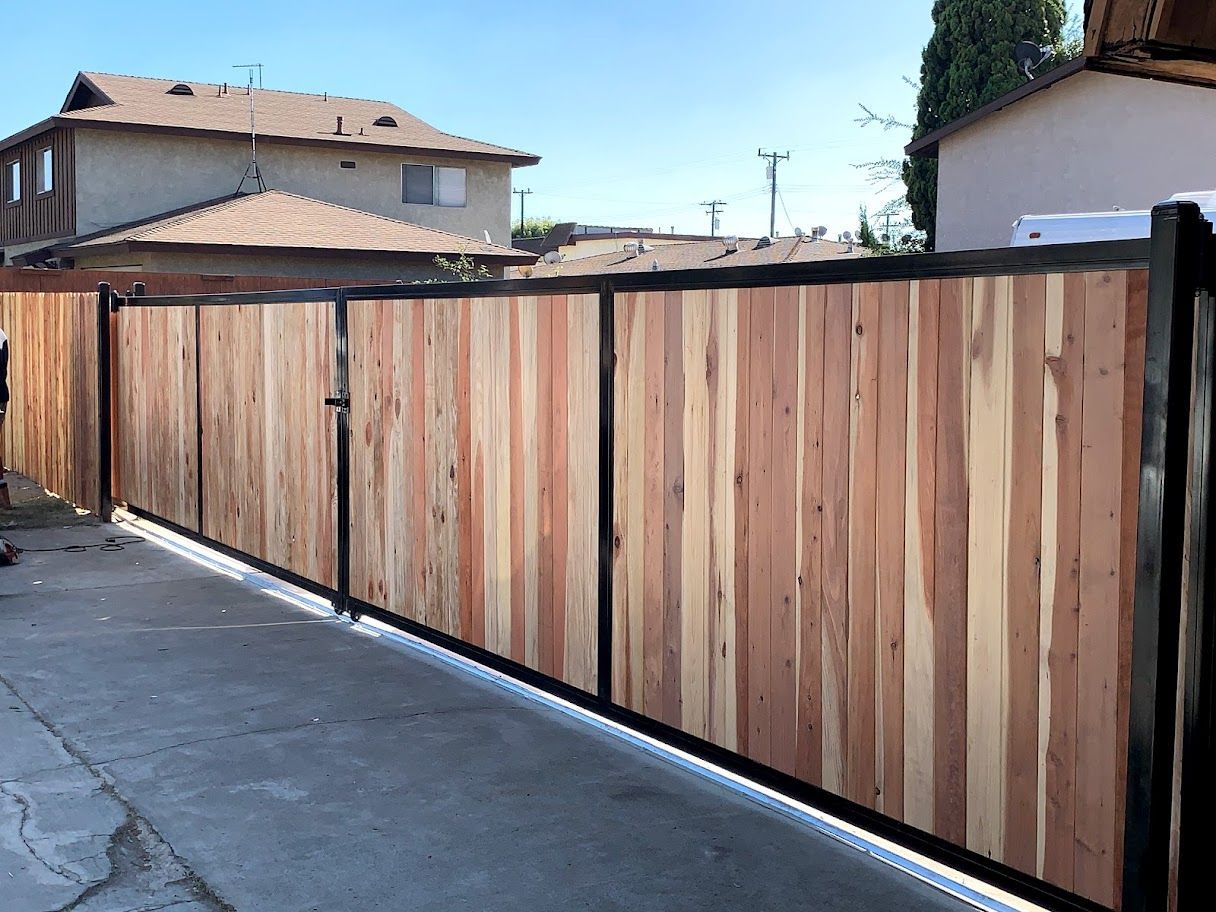All Categories
Featured

When it comes to selecting the very best fence material for longevity, wrought iron stands out as one of the most trustworthy and lasting choices offered. Understood for its toughness, visual appeal, and capability to hold up against different weather, wrought iron is a preferred selection for both industrial and household residential or commercial properties. Exactly how does it contrast to various other fence products in terms of longevity and efficiency? Let's take a more detailed take a look at functioned iron secure fencing and how it stacks up against alternatives like wood, vinyl, and light weight aluminum.
Stamina and Durability of Wrought Iron Fencing. Unlike several various other fencing choices, functioned iron can withstand rough ecological problems, consisting of extreme warmth, hefty rainfall, and even solid winds. Due to the fact that it is a steel, wrought iron is not susceptible to the wear and tear that timber fencings usually experience, such as decaying, bending, or insect problems.
Sturdiness: Wrought iron fencings are extremely challenging and can stand up to influences and various other forms of physical tension that could harm other materials. When properly kept, they can last for 50 years or more, making them a financial investment that will certainly provide long-lasting worth.
Wrought Iron vs. Timber Secure fencing. Wood fencings, while typical and visually pleasing, commonly call for even more upkeep and have a much shorter life expectancy compared to wrought iron. Timber is prone to rot, termites, and weathering gradually, every one of which can jeopardize its structural integrity. Furthermore, timber fences might need to be replaced or fixed every 10 to 20 years, relying on the environment and the kind of timber made use of.
Upkeep: While wood fencings require to be on a regular basis treated with paints, spots, or sealers to keep their look and long life, wrought iron fencings generally call for a lot less upkeep. They might require occasional cleaning or repainting to prevent rust, especially in damp or seaside locations, but they won't suffer from the exact same kinds of deterioration as wood.
Durability: While a well-maintained wood fence could last 20 to three decades, wrought iron can surpass that lifespan by several decades, making it a more resilient choice in the lengthy run.
Wrought Iron vs. Vinyl Fence. Vinyl fence has actually come to be a preferred choice to wood due to its low maintenance and resistance to the aspects. Unlike wood, plastic doesn't rot or warp, and it does not need to be repainted or treated.
Toughness: While vinyl is rather sturdy and resistant to rot and fading, it still can not match the long-term toughness and strength of wrought iron. A vinyl fence may last around 20 to thirty years, depending upon environmental aspects, however it lacks the architectural integrity that functioned iron provides.
Upkeep: Vinyl requires very little maintenance compared to timber, however it can still discolor with time, especially in areas with extreme sun exposure. Wrought iron might need occasional corrosion prevention therapies yet generally requires less interventions than vinyl.
Wrought Iron vs. Light Weight Aluminum Fence. Aluminum is an additional metal option to functioned iron, and while it shares a few of the longevity characteristics of wrought iron, it is typically much less durable and solid. Aluminum is extra lightweight and immune to corrosion and corrosion, making it a preferred option for low-maintenance fence. It's not as strong as functioned iron and may be more susceptible to bending or nicking under pressure.

Longevity: Wrought iron is dramatically more powerful and much more long lasting than light weight aluminum. While light weight aluminum fencings can last for a number of years, they might not stand up also in high-traffic or high-impact locations. On the other hand, wrought iron is far more immune to physical damage and can much better hold up against stress and force.
Upkeep: Both wrought iron and light weight aluminum fencings need some maintenance, primarily to avoid corrosion. Aluminum is much less most likely to corrosion than functioned iron, making it an extra low-maintenance alternative in areas with high moisture or coastal salt exposure.
Last Thoughts: Wrought Iron's Sturdiness Benefit. Wrought iron attracts attention as one of one of the most sturdy fence materials available, exceeding wood, vinyl, and aluminum in regards to toughness, durability, and general performance. While it does call for periodic maintenance, particularly to stop rust, its ability to withstand severe weather condition conditions, physical anxiety, and the examination of time makes it an excellent investment for house owners and businesses looking for a long-lasting, safe and secure fence option.
For those who focus on toughness and longevity most of all else, functioned iron is an unsurpassable selection. Whether you're protecting a house, improving the appearance of your backyard, or providing safety for a commercial website, wrought iron fence will certainly provide decades of durability and visual allure that couple of various other products can match.
Latest Posts
Constructing a Strong Economic Future with WyHy
Published Apr 21, 25
1 min read
Commemorate March Chaos with Songs at Yesterday's Creekside Tavern
Published Apr 21, 25
2 min read
Study the Enjoyable at Yesterday's Tavern
Published Apr 21, 25
2 min read